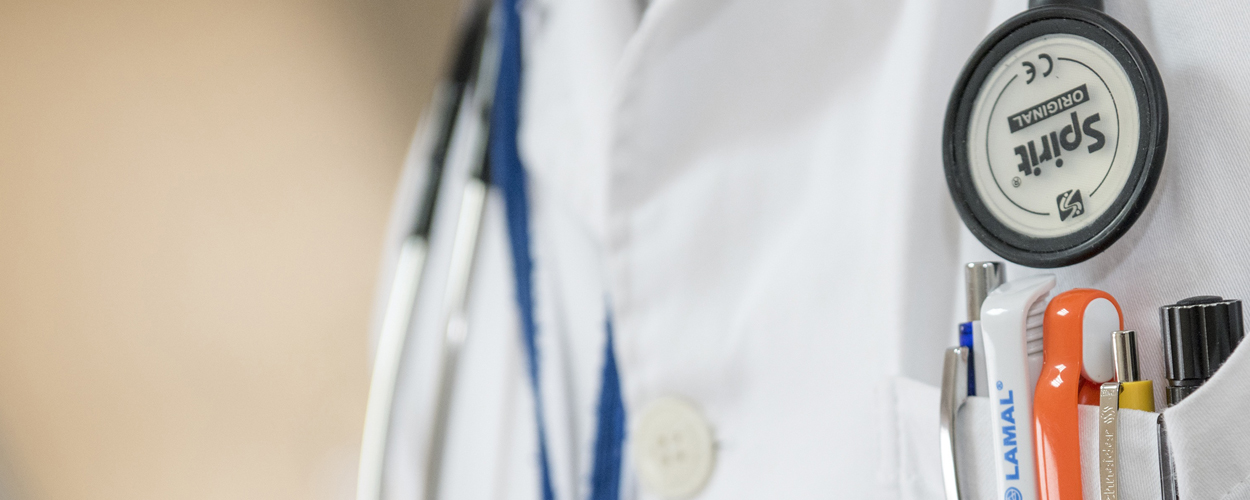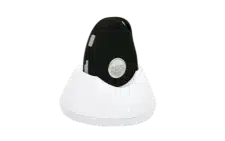According to reports, “the number of over-65s needing care is set to leap by a quarter in a decade.” The NHS is predicted to struggle.
The predictions have come from Liverpool University. They have expressed that the nation needs to think about their later years earlier on to help ease the burden.
The University has called for more focus on diet improvement, drinking responsibly, heart disease awareness and increasing physical activity to reduce the costs of elderly care. These are just a few of the biggest health conditions for which the NHS has to deal with every year.
Lead researcher Dr Maria Guzman-Castillo said:
‘The societal, economic, and public health implications of our predictions are substantial. In particular, our findings draw attention to the scale of societal costs associated with disability in the coming decade.More cost-effective health and social care provision will be needed, such as increased availability of institutional care, and better financial support – such as tax allowances or cash benefits – for family members providing informal and home care.”
The costs of elderly care – The Stats
According to the Daily Mail, “the proportion of the population over 65 is expected to rise by 19 per cent from 10.4 million to 12.4 million over the next decade, and people aged 65 in 2025 should expect to live another 21.8 years – meaning they will reach 86.8, 1.7 years older than those who turned 65 in 2015.”
As we live longer, it is likely more people will require care and medical attention. Reports have suggested how diabetes and musculoskeletal disorders are also predicted to heavily increase, meaning more strain on the NHS.
So what’s the solution to reduce the costs of elderly care? Professor Eric Brunner says that: “We need a properly funded, properly staffed health and social care sector with general practice, hospitals and social care all working together, and all communicating well with each other, in the best interests of delivering safe care to all our patients.”
In addition to this, we need to look after ourselves and aim to live a healthy as possible lifestyle, reducing the chances of diabetes and heart disease. Prevention is vital.
Reducing the Strain
Careline plays a huge part in reducing the strain on carers and the NHS through our Personal Alarm Service. As well as all the diseases and illnesses discussed above, which put a burden on the NHS, falls also contribute.
One in three people aged over 65 fall every year and require medical care and attention. Anyone who’s elderly, frail, or has a disability – and at risk of falling should consider one of our alarms.
These act as an emergency call out if ever you’re in a situation on your own where you need help. Rather than our pendant alarms relying on the emergency services, the first point of call is friends and family. This system not only saves lives by stopping people lying unattended, but it also takes the strain off emergency services. Help is sought quickly through friends and family first before any further action.
In more serious situations our care team who respond to alarm calls will get in touch with emergency services.
To find out more about our pendant alarms please navigate here.
Choose Your Personal Alarm
To help you choose, start by selecting where you would use your personal alarm. In home only or at home and on the go.













Leave a Reply